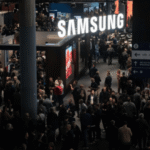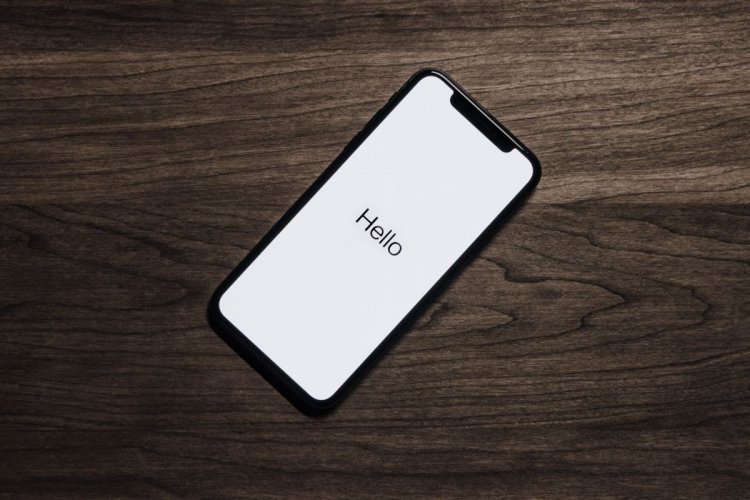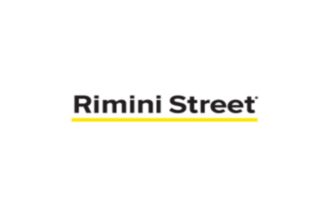When Apple announced the release of iPhone SE 2020 in April, the announcement was strangely down-to-earth. There were no turtlenecks, no presentations; Apple sent out a press release and that was that.
However, it was apparently more than enough to steal the world’s attention away from the Covid-19 pandemic, according to data collected by e-commerce aggregator iPrice Group one month after the announcement.
iPrice analysed search data on Google in 17 different countries and regions, including 7 countries with the most cases of Covid-19 plus several potential big markets for the iPhone SE such as Thailand, Vietnam, Brazil, and India.

By doing this, iPrice discovered a clear trend: for all countries surveyed, worries and curiosity about coronavirus started to drop significantly by April, around the same time rumours about Apple’s new smartphone began to surface.
By the time the phone started shipping in late April, searches worldwide for keywords such as “coronavirus,” “COVID,” and “COVID-19,” had gone down by a significant amount of 46% compared to its peak.
This can be seen even in countries with the highest numbers of active cases. In the US, Italy, and the UK, the proportions of searches for coronavirus keywords have decreased by 76%, 43%, and 47% respectively, and are still dropping.
Perhaps after 2 months of living in fear and isolation, consumers have decided to move on and look for things to distract themselves with, and shopping for consumer electronics turns out to be a very popular choice, as can also be seen with Nintendo Switch’s recent sales record. Some researchers also claim that retail therapy can be an effective coping mechanism.
For Apple’s products, in particular, iPrice’s research shows that precisely at the point when people stopped searching for COVID-19, they started searching for iPhone SE instead.
Within 30 days of April, the proportion of searches for iPhone keywords worldwide went up by 17%.
This trend is the most obvious in developing countries, presumably the most excited about the iPhone SE 2020’s low price range.

Immediately after the phone was announced, interests for iPhone keywords shot up by 89% on average in the 7 developing countries observed. Within only 2 days of the announcement, India, Philippines, Thailand, and Malaysia saw the proportion of searches for iPhone increased by 133%, 178%, 103%, and 104% respectively.
Even more impressively, by May, there are now officially more people searching for Apple’s latest offer than information on coronavirus in Vietnam, Thailand, Indonesia, Turkey, and Hong Kong. This is definitely good news for Apple since these countries and regions are all potentially important markets for their budget device.
It’s starting to look like launching a new phone amid a world pandemic might not be a bad idea after all.

















